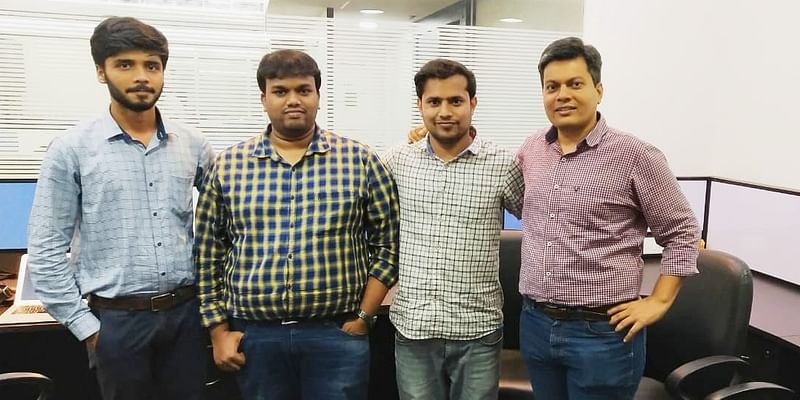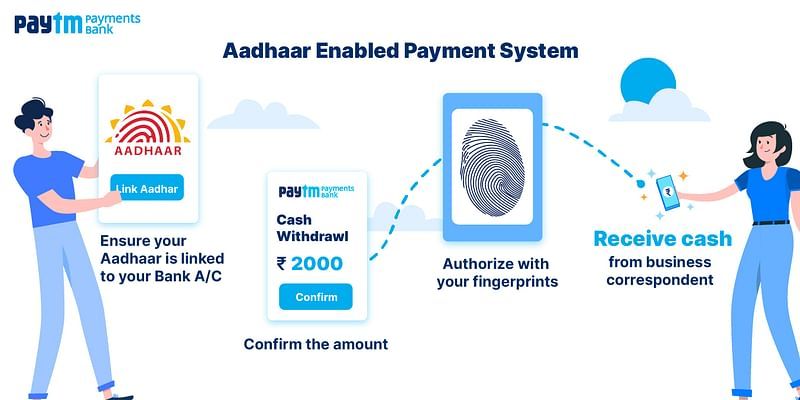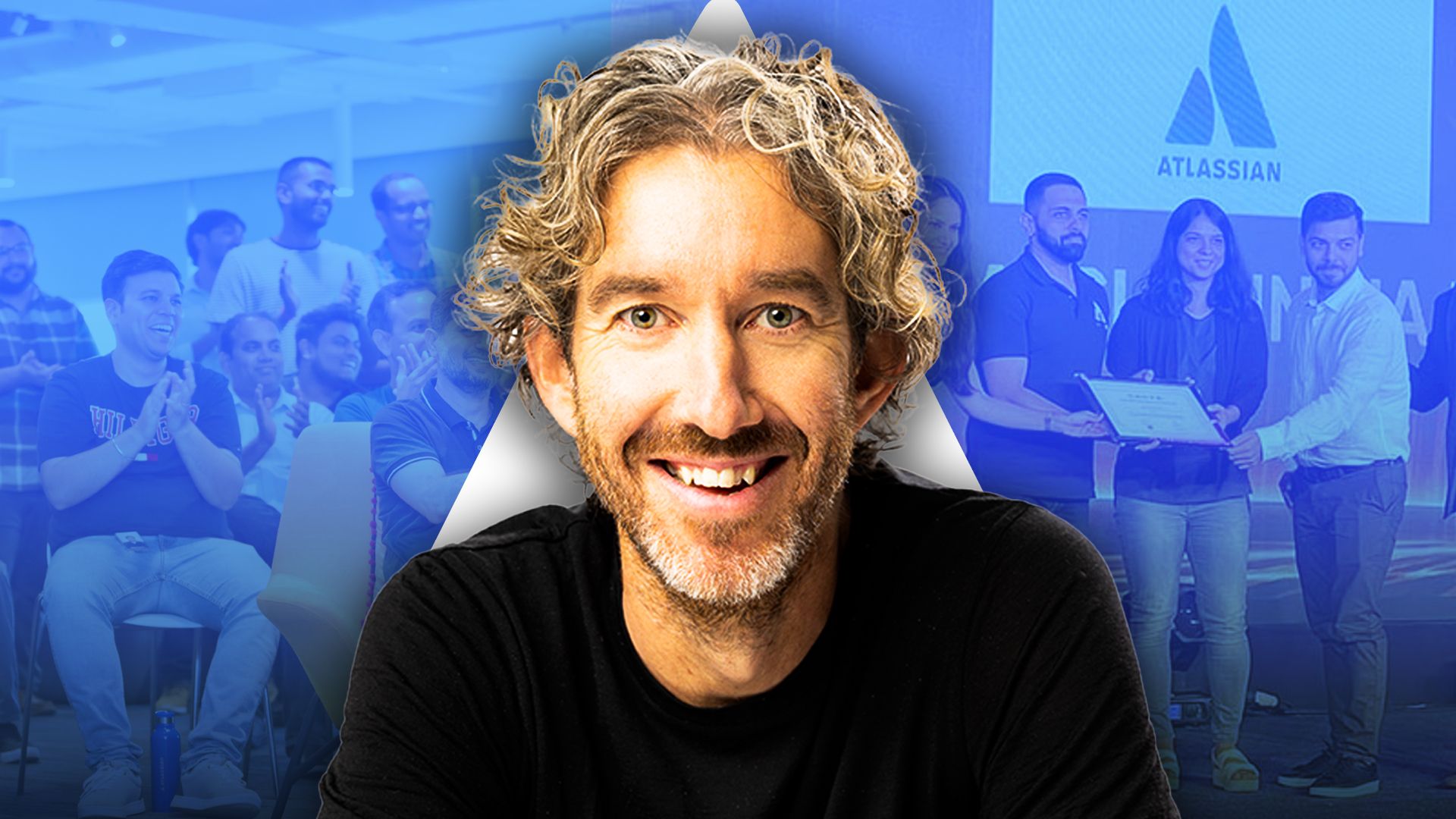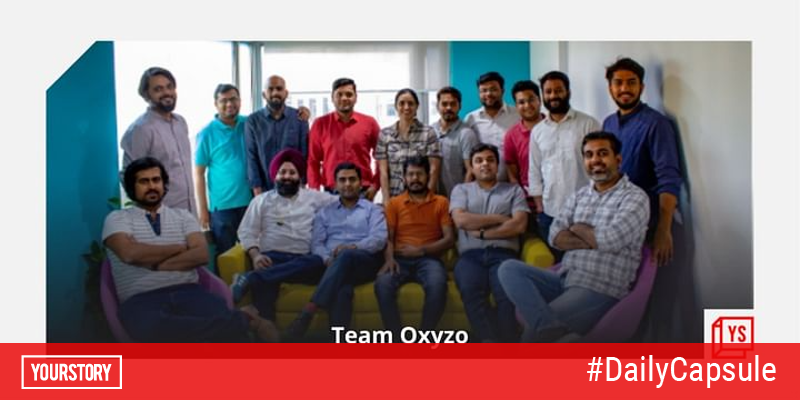Paperless exams are now real thanks to this customised cloud-based software
To reduce carbon footprint, LittleMore Innovation Labs have developed a paperless examination system for students that runs without internet
India’s forest cover has declined by a whopping 29,000 sq km over a span 30 years, according to a report published by e-Green Watch, an initiative launched under the Ministry of Environment, Forest and Climate Change. This rampant loss of greenery has led to increasing levels of carbon dioxide in the atmosphere.
Numbers from the World Bank say that from 1960 to 2014, the emission of carbon dioxide in India has grown from 0.3 to 1.7 metric tonnes per capita. This is affecting the subsistence of millions and giving rise to serious ramifications when it comes to climate change and global warming.
The root cause of this is the conversion of forest land into industrial spaces to manufacture commodities like paper, palm oil, fabrics, and wood. In fact, the per capita paper consumption in India amounts to over 13 kgs a year.
1555604071762.png?fm=png&auto=format)
Students writing an exam without using paper.
LittleMore Innovation Labs (LMI) is on a mission to reduce this by helping colleges and universities conduct paperless examinations. Since its beginning, it has helped organise 1.5 million exams, saving 20 million sheets of paper by partnering with educational institutions like Manipal University in Udupi, International Institute of Information Technology, National Institute of Mental Health and Neurosciences, and the Reva University in Bengaluru.
Also read: This Gujrat-based businessman has planted 40 forests across India in a bid for a greener tomorrow
Making way for a greener environment
LittleMore Innovation Labs has developed a customised software called Paperless Examinations Advantage (PEXA) that allows students to write exams digitally using an electronic pad (E-pad) and a stylus instead of using paper, making way for a greener environment.
Srijit Govindan, Deputy Registrar, Evaluation, Manipal University told YourStory,
“We hold close to 36 exams every year for 8,000 students in our university. For this, we distribute a 20-page answer booklet for every exam per student. This translates into 57,60,000 sheets, which is an enormous amount of paper. After moving to LMI’s digital platform, we are able to save all this paper.”
1555604325377.png?fm=png&auto=format)
LMI's software allows students to write exams digitally using an electronic pad.
The Reva University in Bengaluru has also been using LMI’s software to conduct exams. The administration claims that students were delighted to contribute to reducing the carbon footprint.
Ramchandra P, Registrar of Evaluation, Reva University, said,
“By embracing the digital platform designed by LittleMore Innovation Labs, our students have become more environmentally conscious. Besides, the institute is able to contribute to a more eco-friendly and sustainable ecosystem.”
Presently, LittleMore Innovation Labs is negotiating with many other universities in the country to move to a paperless examination system. “There is a lot of interest among educational institutions to use the PEXA software. Our goal is to inspire at least 50 percent of the universities in India to move to a paperless system in the next five years,” notes Biju Zachariah, President of LittleMore Innovation Labs.
Functioning of the digital platform
1555604817401.png?fm=png&auto=format)
An electronic pad called DigiTaal along with a stylus is provided for students to write their exam.
LMI’s PEXA works on a software as a service model consisting of a secure ecosystem enabling students, faculty, and administrators to finish the examination process in a smooth and efficient manner. It allows the faculty to upload question papers on the platform after submitting a few credentials well before the exam. The administration can then use it to enter the personal information of the students appearing for the exam in advance.
The students can log in to the portal only a few minutes before the exam starts. Their identity is authenticated using biometrics – fingerprint and retina scan. The question paper is presented at the start of the exam and is automatically withdrawn at the end of it.
Once the student finishes writing the examination, the answers can be picked up by evaluators and faculty members for assessment. The software also helps generate timely reports of average marks scored by each student and time taken to finish the exam.
1555604994738.png?fm=png&auto=format)
Screenshot of a biological representation drawn by a student using the stylus and the device.
Students and faculty members are trained to use the software beforehand.
“We were given a demonstration of how PEXA operates. LittleMore Innovation Labs also conducted a mock exam to ensure all of us are comfortable with it. Hence, the transition from using paper to going digital was effortless,” says Shubham Goyal, MBBS student, Manipal University.
LMI provides electronic pads called ‘DigiTaal’ to all the students before the exam as a substitute for paper. “This device comes with a stylus and is designed in such a way that it is suitable for writing. It comes with a coating to ensure minimum strain to the eyes. The battery life is over 14 hours. Shading pens and highlighters are also provided if the exam includes drawing or sketching related questions,” explains Biju.
While services like authorization of faculty and evaluation of answers runs on the cloud platform, the rest of the process on the device – like log in of students and responses to the questions in the exam can operate without an internet connection.
How was the seed sown?
1555605120031.png?fm=png&auto=format)
Srikanth Ganesan, Founder of LittleMore Innovation Labs.
LittleMore Innovation Labs was founded by Srikanth Ganesan in 2014. For over a decade, he was actively championing innovation in the education sector.
On his journey, the idea of enabling end-to-end digital examinations occurred to him. Srikanth worked with some of the leading universities across the world to get a sense of how exams are written and evaluated.
He then established LMI in Singapore, and the organisation also set up a full-fledged development centre in Chennai in association with the Indian Institute of Technology.
Also read: This 70-year-old man from Kerala is distributing free earthen pots to help birds survive the heat





1555605347743.png?mode=crop&crop=faces&ar=2:1?width=3840&q=75)

![[Funding alert] JetSynthesys raises Rs 300 cr from Poonawalla, Kris Gopalkrishnan](https://images.yourstory.com/cs/2/b87effd06a6611e9ad333f8a4777438f/Image84pl-1594114133552.jpg)


